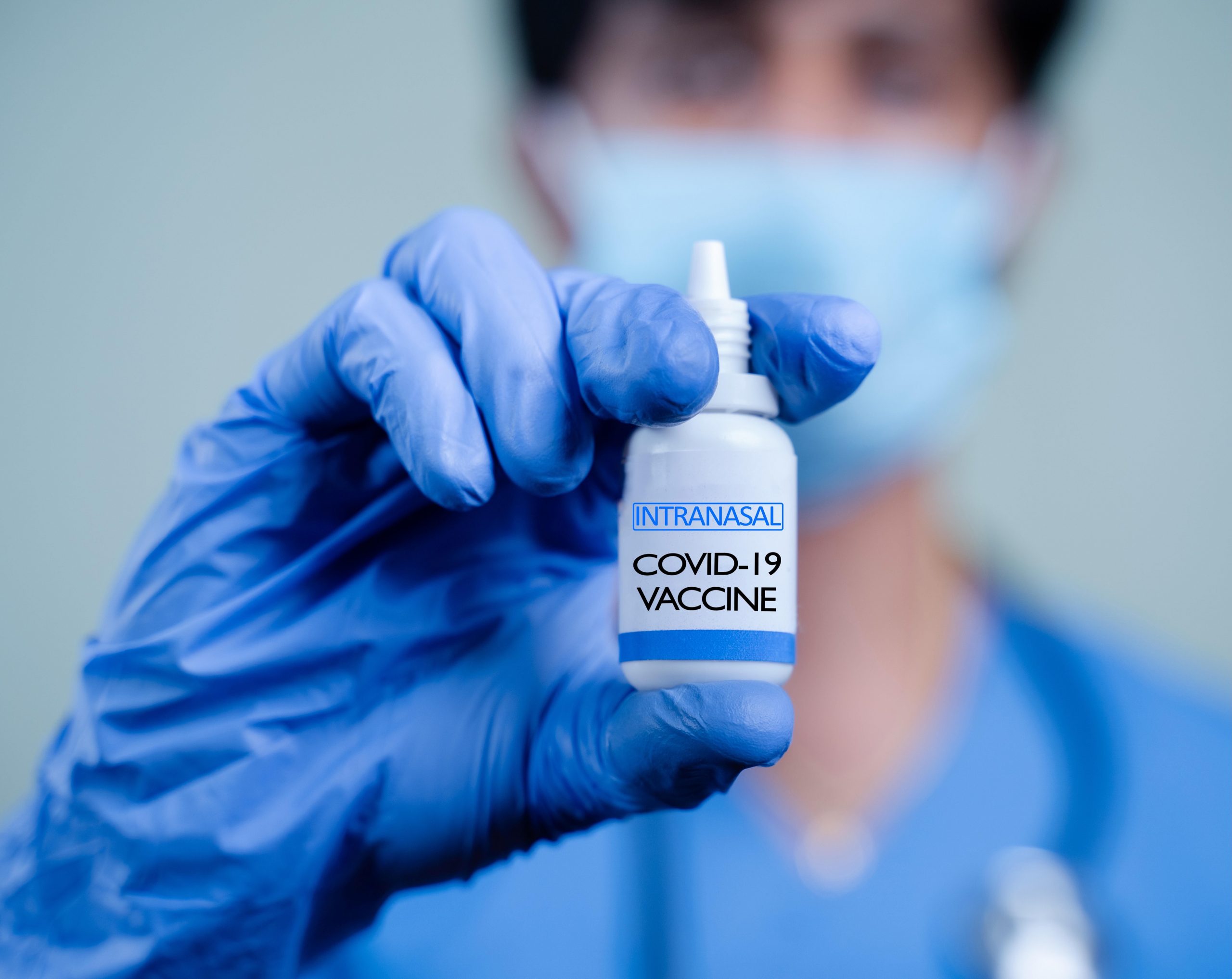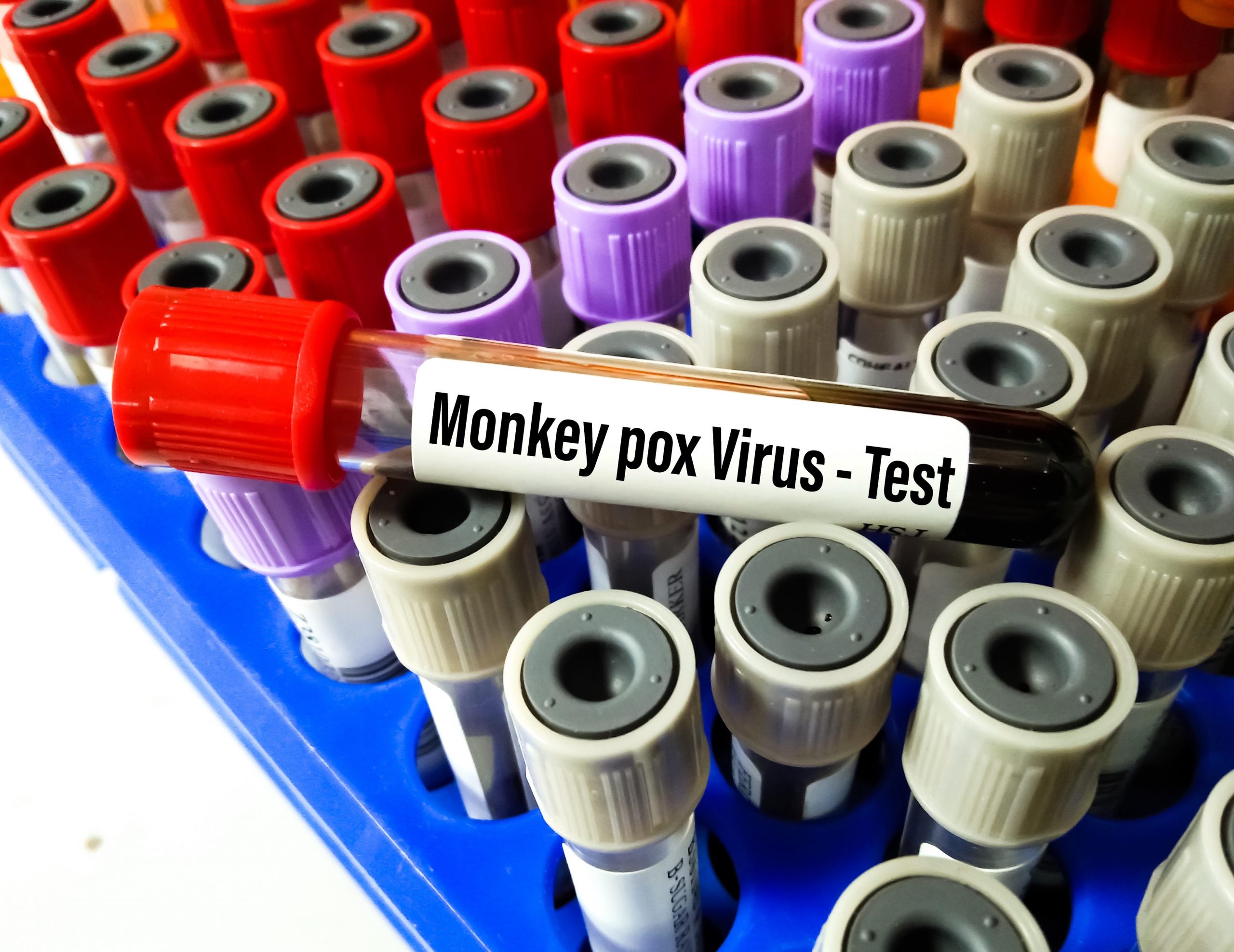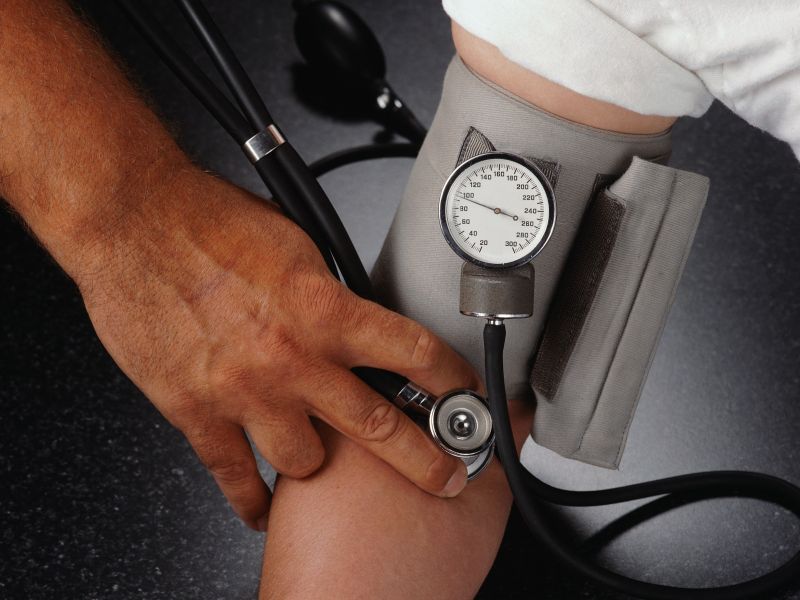
A potentially dangerous change in heart rhythm is common after surgeries that don’t involve the heart, according to Mayo Clinic researchers. Dr. Konstantinos Siontis and colleagues studied patients who had atrial fibrillation (a-fib) after a noncardiac surgical procedure. These patients represent about 13% of a-fib diagnoses. Postoperative a-fib is associated with a similar risk for… read on > read on >






























